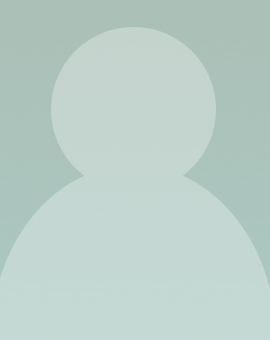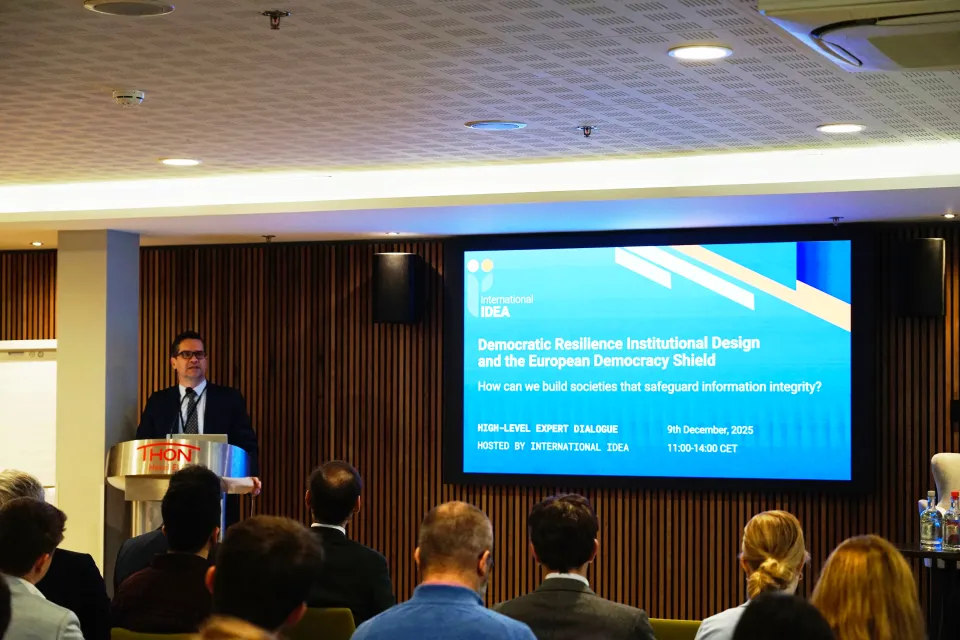Samoa: Positive outcome for women disguises discriminatory features of reserved seats
Samoa’s Human Rights Protection Party (HRPP), led by incumbent Prime Minister Tuilaepa Sailele Malielegoai won 80 per cent of the seats in parliament, following the 4 March election. The HRPP will now be able to run the small island state without much input from the marginalized opposition party Tautua Samoa Party (TSP), and just under a dozen elected independent MPs.
The HRPP has been the dominant political force in Samoa for the past 40 years with four of the party’s candidates, including Prime Minister Tuilaepa and MP Fiame Mataafa, running unopposed. Following her appointment as Deputy Leader of the HRPP, Fiame was named Deputy Prime Minister, the first Samoan woman to hold that position. She is also the minister for natural resources and environment.
Faimalotoa Kika Iemaima Stowers was appointed Minister for Women Affairs and Social Development as the only other woman in the 13-member cabinet.
Quotas for women
This election is also the first time a constitutional amendment reserving five seats in parliament for women will come into effect. The constitutional amendment passed in 2013 requires 10 per cent of MPs to be women. If fewer than five women are elected the quota will be achieved by adding seats to the assembly. The TSP opposed this amendment on the grounds that in some villages, women are not allowed to hold mataititles, which is a prerequisite to stand for elections.
A total of 22 women ran in the election, compared to only seven in the 2011 poll. Three women were successful and another was elected unopposed. This meant that in accordance with the new rules, Faaulusau Rosa Duffy-Stowers who came in second in her constituency, was awarded a seat in parliament bringing the total number of seats to 50.
Positive development
This is a positive development in a country that up until a few years ago had no women in parliament. However, it also limits women in parliament to 10 per cent. If five women were elected, that is, won their seats outright, this section of the constitution would not come into effect. One would think that women should be rewarded in this case by having guaranteed 10 per cent seats reserved for women and to treat the constituency seats won by women as deserved bonuses. The test that may probably challenge this provision is when more than five women win seats in future elections, but this may be a difficult feat in itself.
Step back for the opposition
Approximately 80,000 registered voters, using the first-past-the-post system elected only 45 MPs out of a total of 160 candidates. All candidates are matai, which means chief or titled men and women. Restricting political representation to chiefs came about when the Electoral Act 1963 was amended prior to the 2011 general election. The current constitution of Samoa dates from 1962. It was approved by a Constitutional Convention prior to the termination of Samoa’s status as a Trust Territory administered by New Zealand. The most notable amendment to the constitution occurred in 1990 when universal suffrage was introduced to replace matai (chief)-only suffrage.
The opposition TSP picked up only two seats in the election but increased its numbers to three when one of the twelve successful independent candidates joined the party. However, due to rules aimed at avoiding party-hopping and instability, a party must have at least eight seats in parliament to be considered a political party. Unless the TSP manages to sign over five more independent MPs they will only recognized as independents. This is a significant step back for the TSP which held 13 seats after the 2011 elections.
The absence of an opposition party in parliament raises serious concerns for accountability, parliamentary oversight and transparency.




